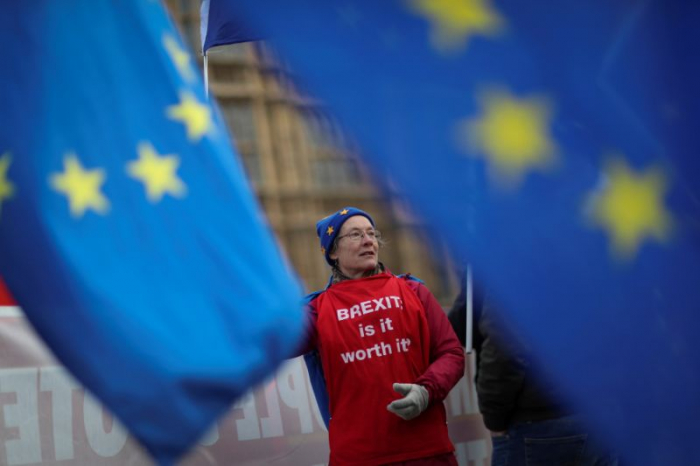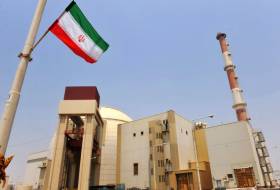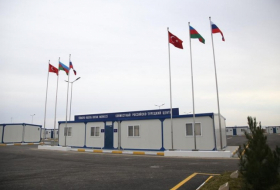The Economist Intelligence Unit (EIU) said that it predicts that UK prime minister Theresa May’s government will lose Tuesday’s ‘meaningful vote’ on the withdrawal agreement and political declaration negotiated in November and therefore be forced to ask for an extension on Article 50.
Article 50 was triggered on 29 March, 2017. It is the notification to the EU that Britain will be leaving the bloc. Once triggered, it started a two-year clock for negotiating a departure deal.
“Time is simply running out, and we’re at a stage where Brexit can probably only happen in late March now in the unlikely event that parliament approves May’s deal on 15 January, or if parliament supports leaving without a deal,” said Danielle Haralambous, UK analyst at the EIU.
“For all other options, the government will need to buy more time, and we think the EU will be willing to provide it to avoid a cliff-edge situation,” she added.
“May and her government are not prepared to run down the Article 50 clock and leave the EU without a withdrawal agreement and transition arrangements in place, although this remains a possible Brexit outcome later in 2019.”
May will make a speech today (14 January) that will serve as a last-ditch attempt to persuade MPs to back her Brexit deal in tomorrow’s key Commons vote. She is set to have a devastating defeat in parliament.
Political insiders, such as those at the BBC, say that around 100 Conservative MPs and the 10 Democratic Unionist Party MPs are expected to join the Labour Party and other opposition parties in voting against the deal. May is set to say on Monday that trust in politics will suffer “catastrophic harm” if the referendum result is not respected.
The EIU believe that the EU will grant the UK an extension to Article 50, giving May and her government time to push through a deal. A no-deal Brexit is the worst-case scenario for all parties. It would mean Britain crashing out of the bloc with no set plan on how to deal with rules and regulations around trade, tariffs, and immigration, for example.
“However, delaying Brexit does not remove the downside risks to the process. With the time it has bought, the government can pursue a new plan, but it will still be working towards a deadline to resolve the same deep political divisions over what Brexit should look like,” said Haralambous.
“In our view, the longer this political deadlock lasts, the higher the probability of a second referendum to break it and give the UK government popular legitimacy to pursue one of the potential options.”
With a no-deal Brexit their most unlikely outcome, the EIU said they predicted either “an eventual approval of the Brexit deal, or a second referendum.”
Following a delayed Brexit, here are the EIU’s probability calculations of what plan would likely prevail:
- May’s deal — 40% probability
- Second referendum — 30% probability
- Norway plus —15% probability
- General election — 10% probability
- No deal — 5% probability
Haralambous says that she expects May to try and push through her version of the deal in parliament, even after the initial defeat, as well as “pursuing further assurances from the EU on the terms of withdrawal, and particularly on the terms of the Irish backstop arrangement.”
Although May and her government have continually said they wouldn’t allow a second Brexit referendum, EIU’s Haralambous says that “the task of getting a version of May’s deal approved will become more difficult if the margin of defeat in the upcoming meaningful vote is particularly large and/or the EU refuses to provide concessions that make the terms of the deal more palatable to UK MPs.”
“The result of a second referendum will be strongly influenced by the questions it contains and how the vote is structured. Nevertheless, such a referendum will keep the deal negotiated by May a live political option. It also makes possible ‘no Brexit’ (for which the UK would revoke Article 50) and even ‘no deal’ (once the extended Article 50 window closes).”
Yahoo
More about: Brexit
















































